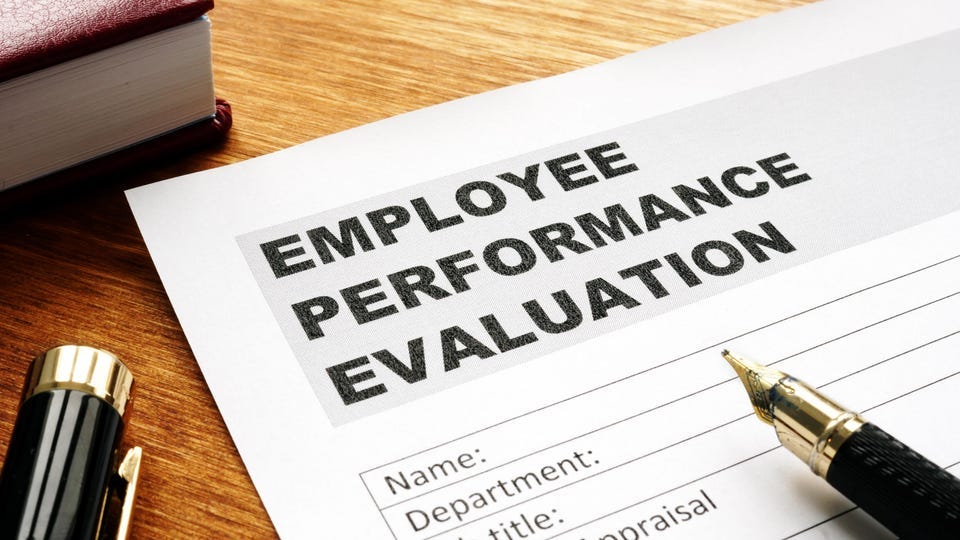Why I’ve Ripped Out Performance Reviews for Over a Decade

🌈 Abstract
The article discusses the author's perspective on the problems with traditional performance review systems and their efforts to innovate and improve the feedback and talent management processes at the companies they have worked for.
🙋 Q&A
[01] The author's experience with performance reviews
1. What was the author's experience with performance reviews while in labor with their son?
- The author was a recruiting manager at a large public company and had to finish performance reviews for their direct reports while in labor, even though there was nothing critical or life-changing that needed to be documented.
2. What were the author's main issues with the traditional performance review process?
- The author had a distaste for performance reviews due to:
- The forced self-assessments and "strengths and weaknesses" commentary
- The focus on compensation rather than honest, constructive growth conversations
- Negative comments from senior employees that the author never saw
- The anonymous peer feedback system where people either said nothing or said something horrible
[02] The author's approach to performance management
1. How did the author approach performance management at their first chief people officer role at a startup?
- The author decided with the CEO that they would not do traditional performance reviews or rating systems. Instead, they implemented:
- Quarterly check-ins
- More regular opportunities to recognize people, rather than a once-a-year "big bang"
2. What were the key goals the author had for the performance management system at the startup?
- The goals were to:
- Enable people to move around the organization easily
- Pay for performance
- Help people level up their careers and themselves
- Require managers to give more frequent feedback on how people could improve themselves and the company's products
- Build clarity in job frameworks so people could understand if they were ready for promotions
- Do all of this more frequently due to the company's rapid growth
3. How has the author approached performance management at subsequent companies?
- The author has continued to rip out traditional performance review systems and looked for new ways to solve the issues, such as:
- Ensuring employees hear from their managers regularly on how they're doing relative to goals
- Encouraging more direct, real-time feedback between peers (though still working on making it non-anonymous)
- Using language like "perspectives, check-ins, or advice" to de-escalate the fear of feedback
[03] The author's views on compensation and talent management
1. How does the author approach compensation if not using traditional performance reviews?
- The author believes the performance review should be a separate conversation from compensation, as ratings are generally unhelpful and complex to defend.
- The author has experimented with role-based pay and giving managers a pool to work with for merit increases or bonuses, finding that managers are generally good at managing the communication with employees about rewards.
- The author encourages considering whether "pay for performance" systems are truly about performance, or if it's impact that should be rewarded, and using tools to recognize the highest impact, both short-term and long-term.
2. What does the author recommend for talent management?
- The author is a fan of regular talent reviews across leaders to calibrate performance, succession planning, and trajectory (using "trajectory" instead of "potential" as engagement ebbs and flows).
- The author has found value in forcing conversations to align on what truly defines impact across the organization.